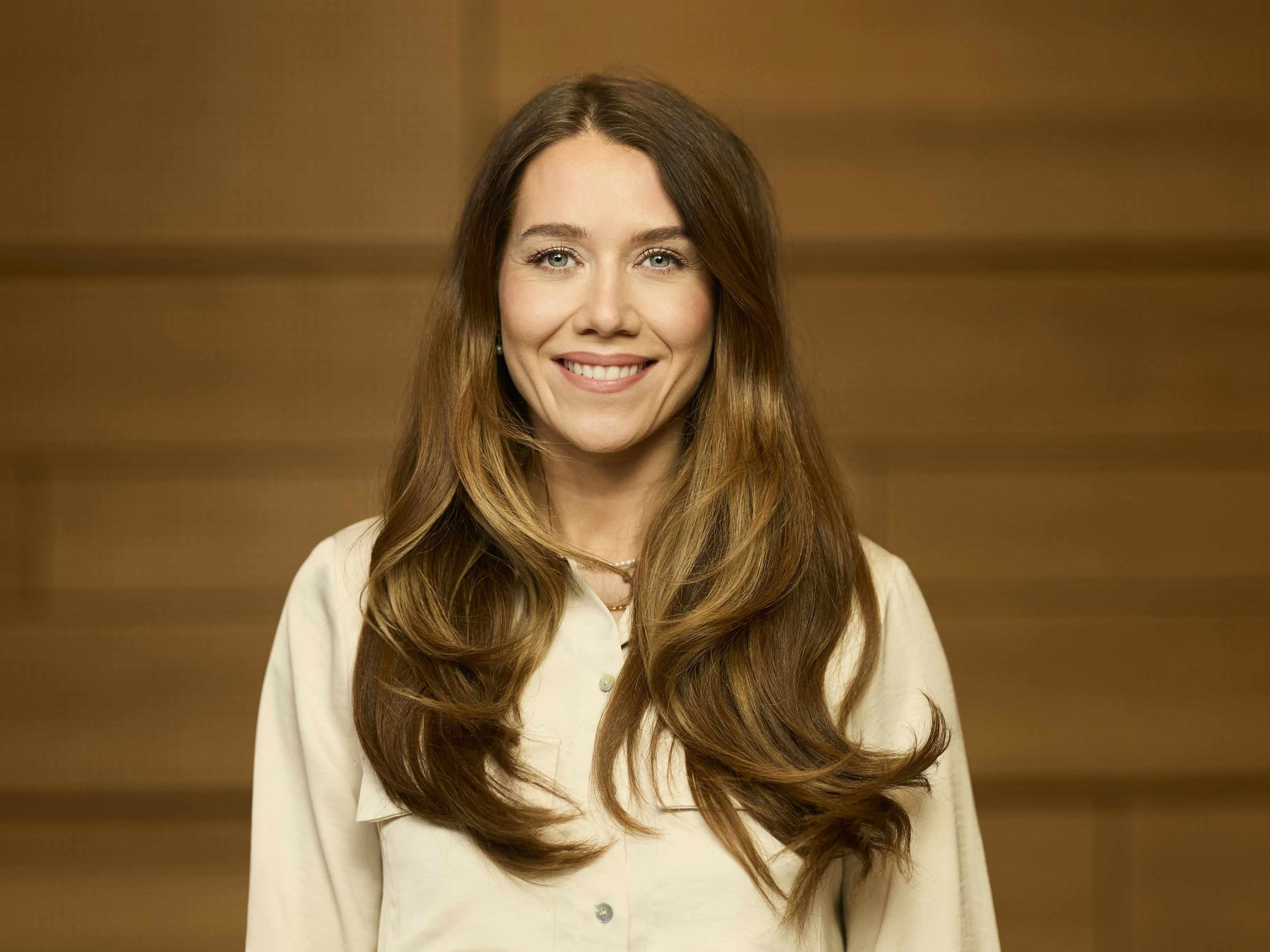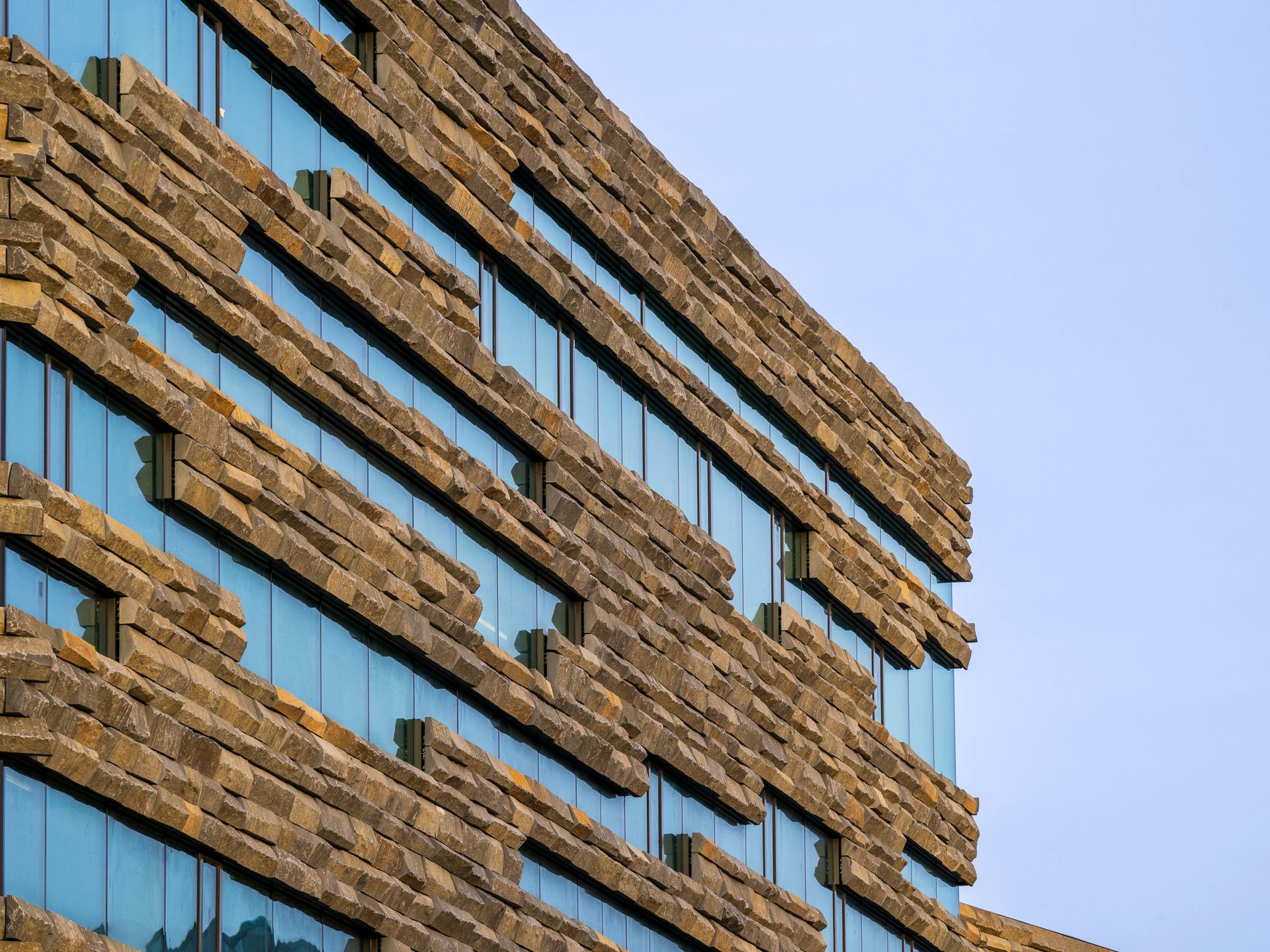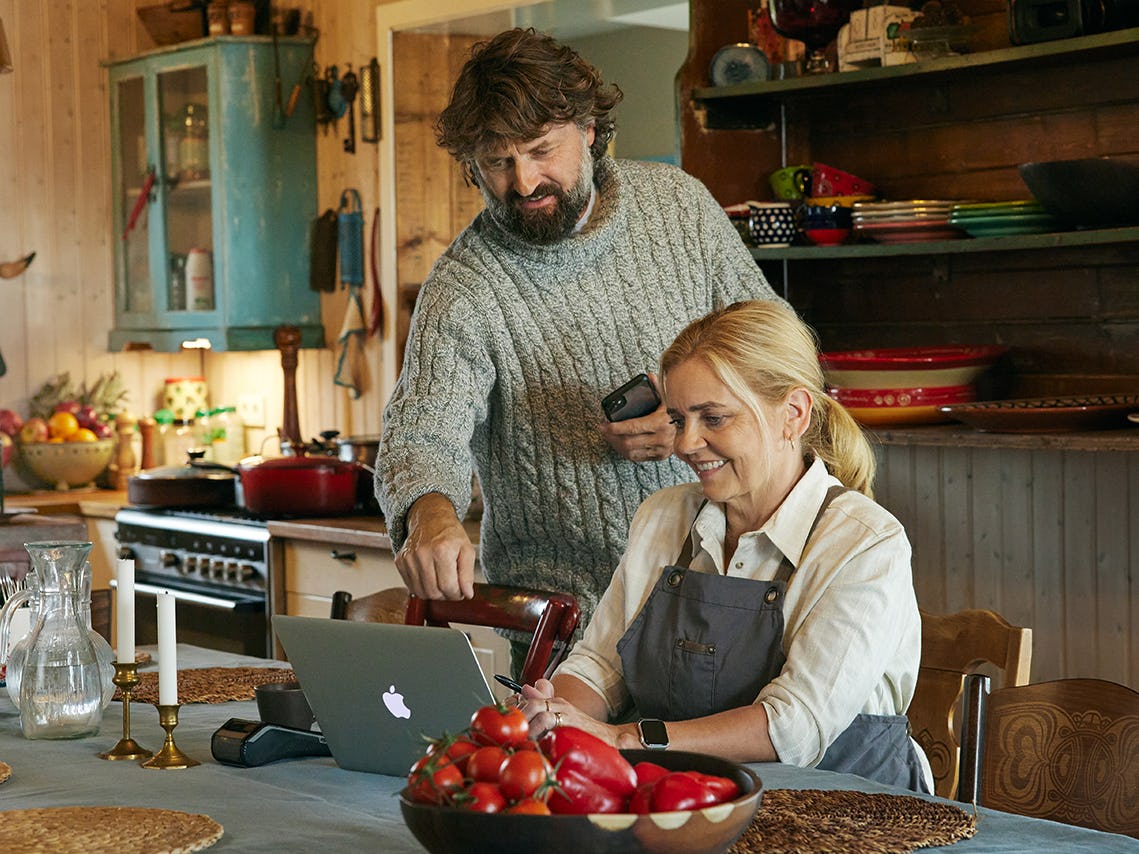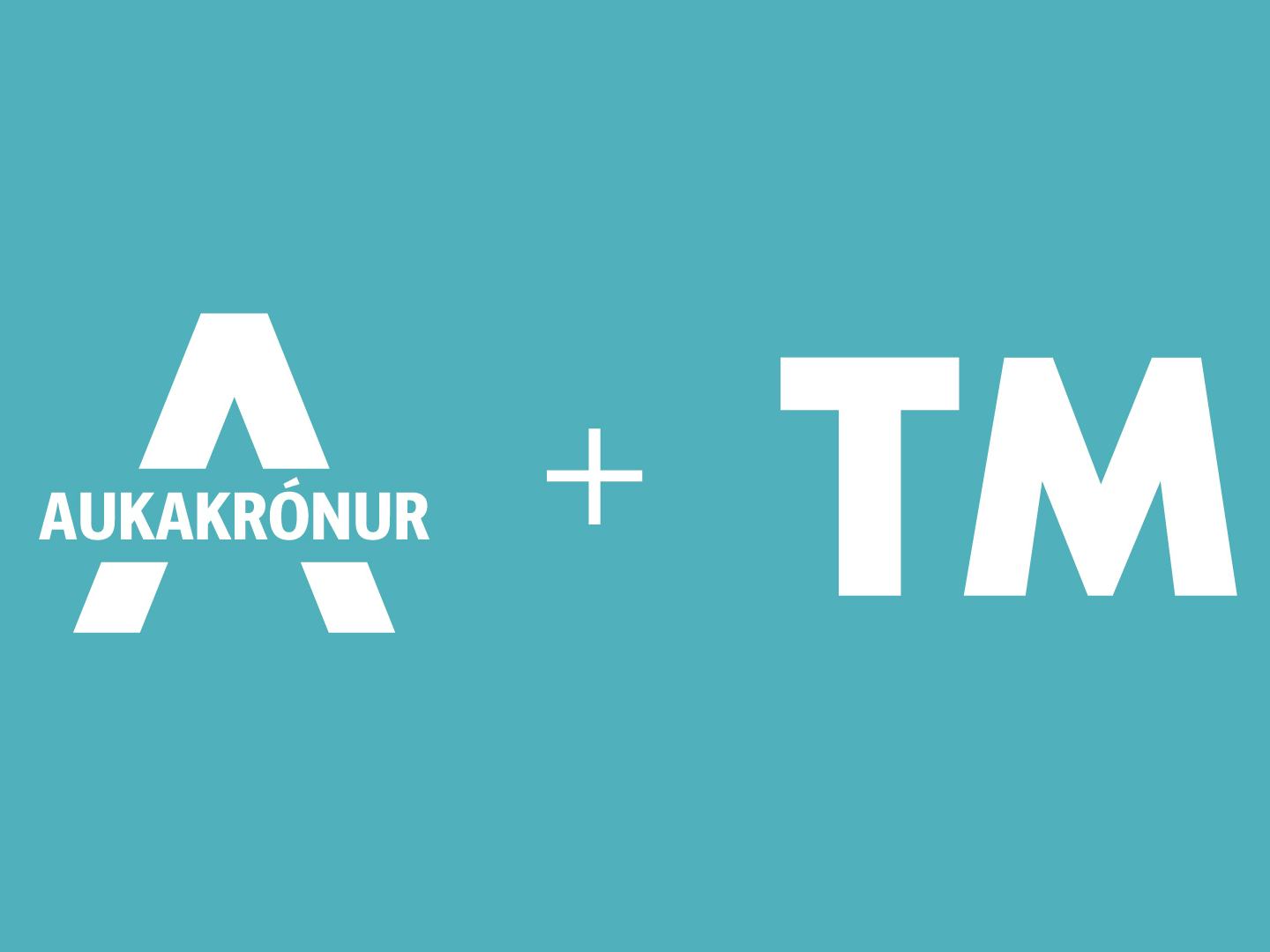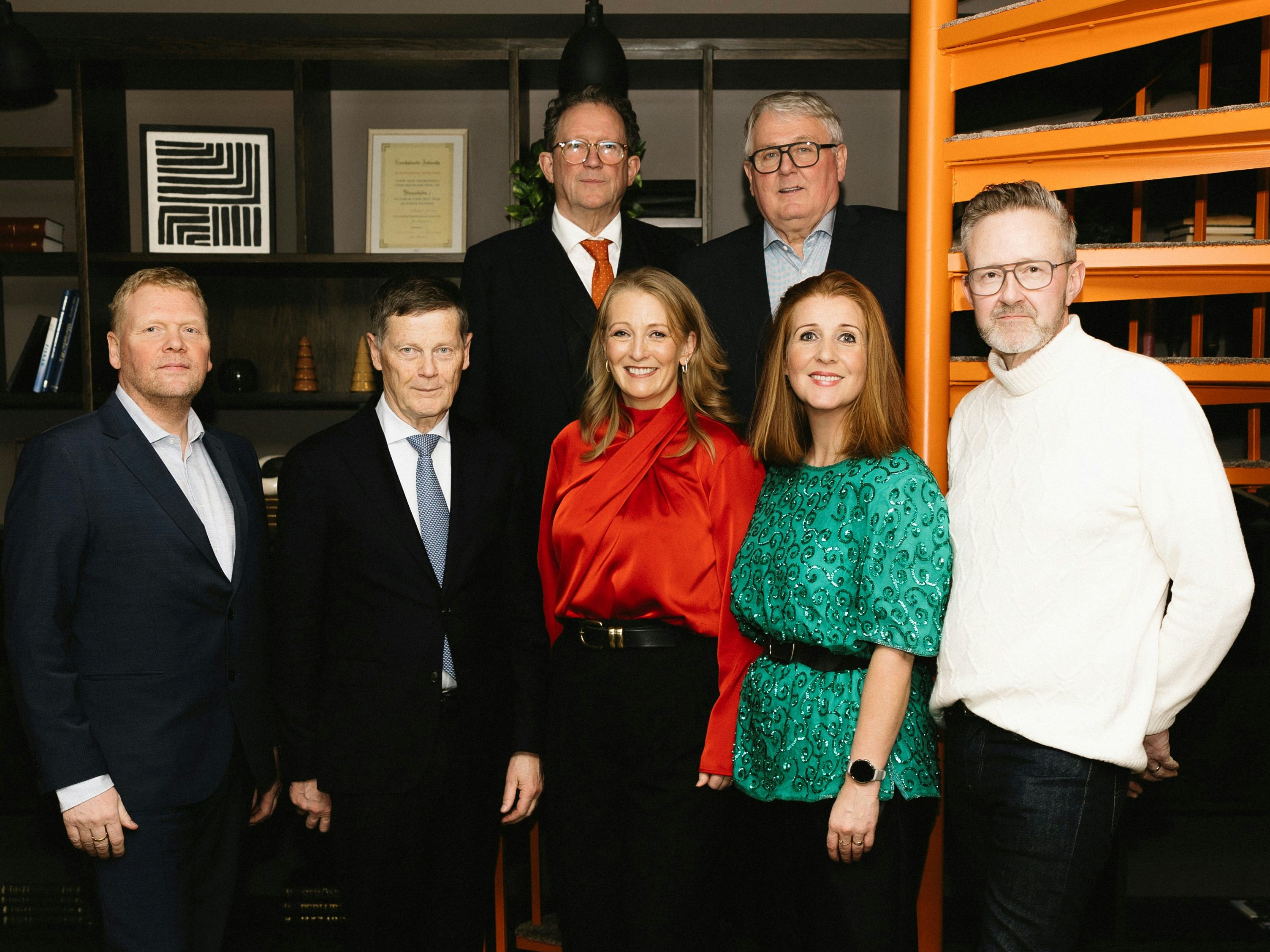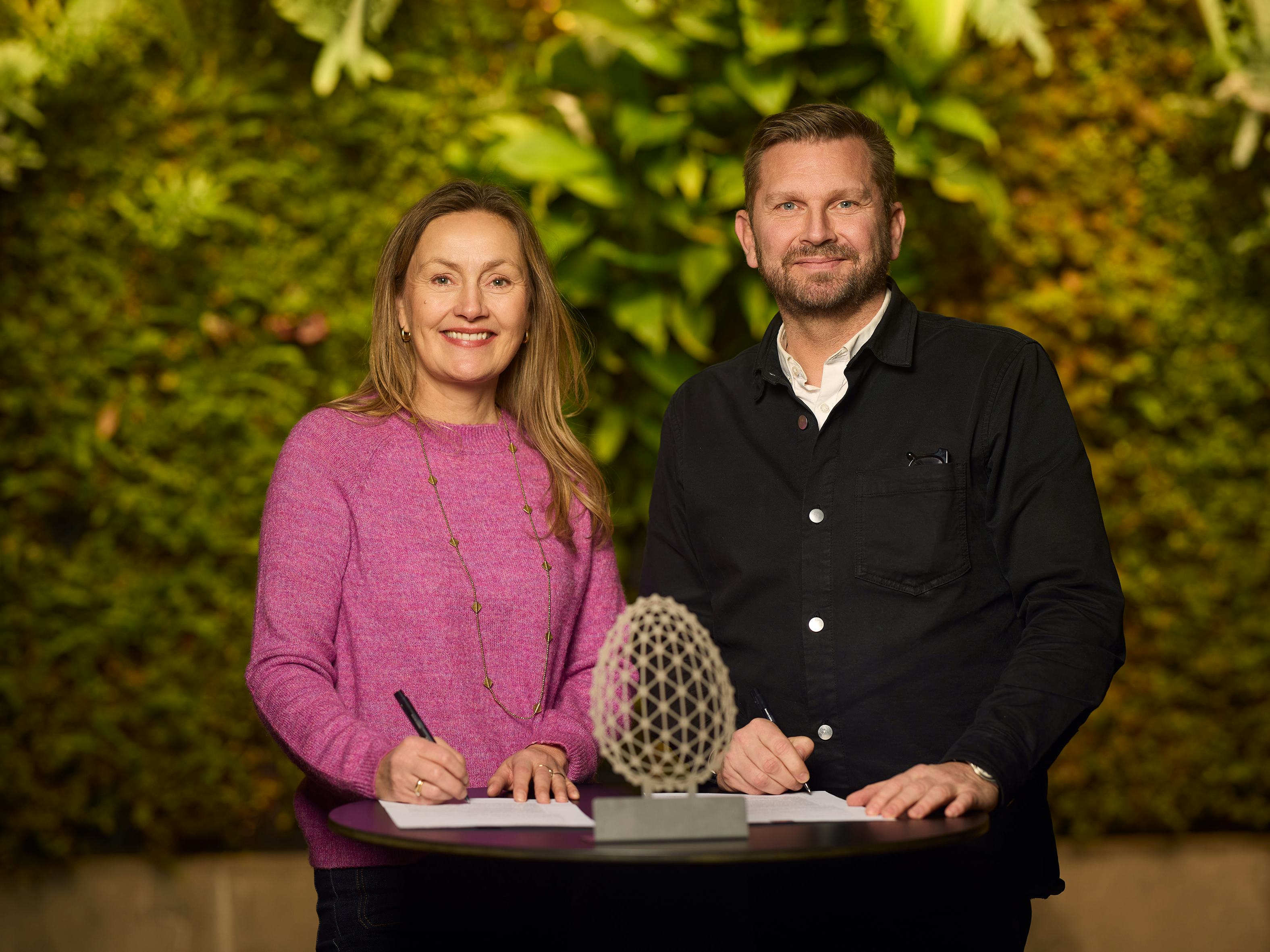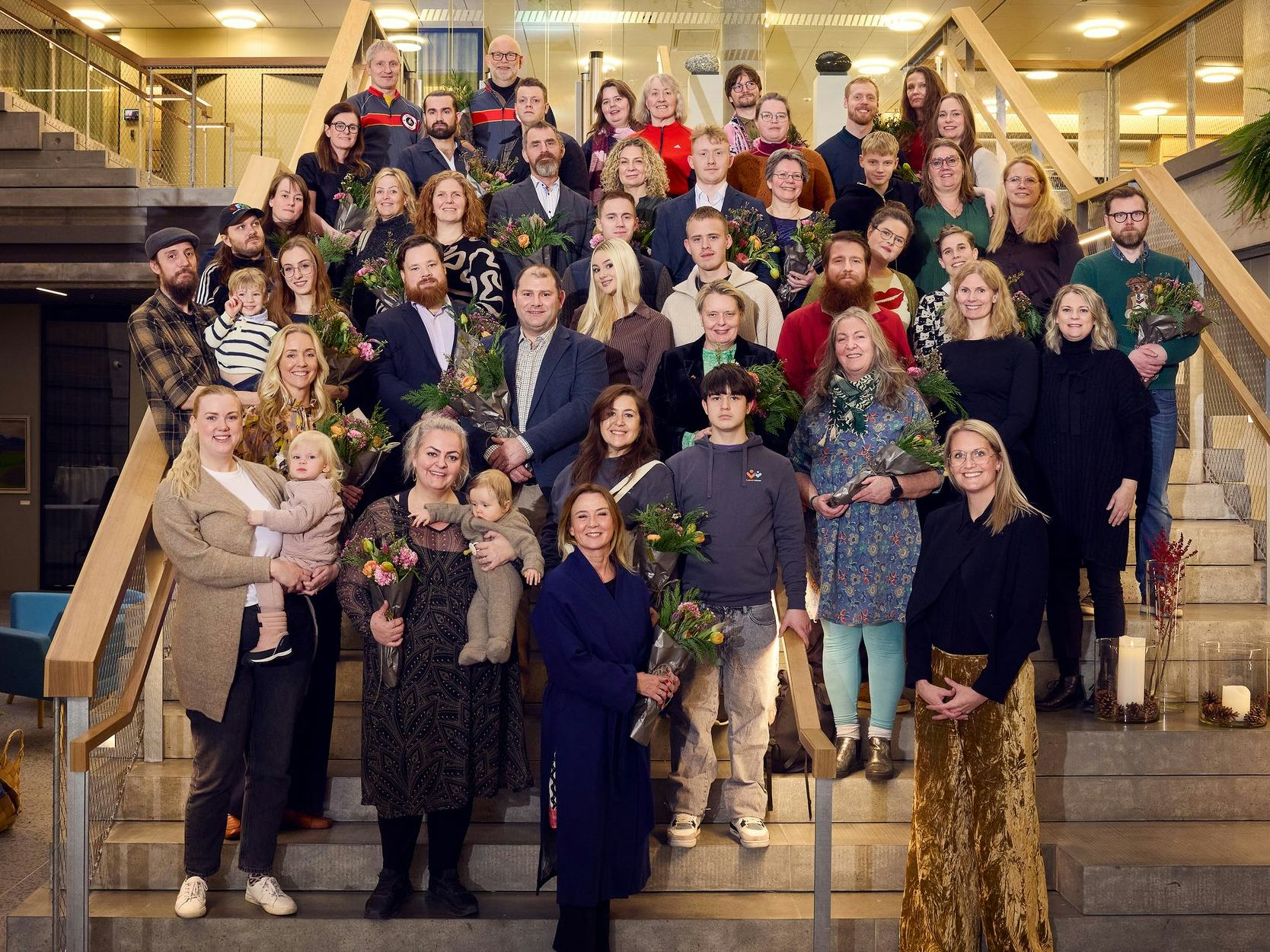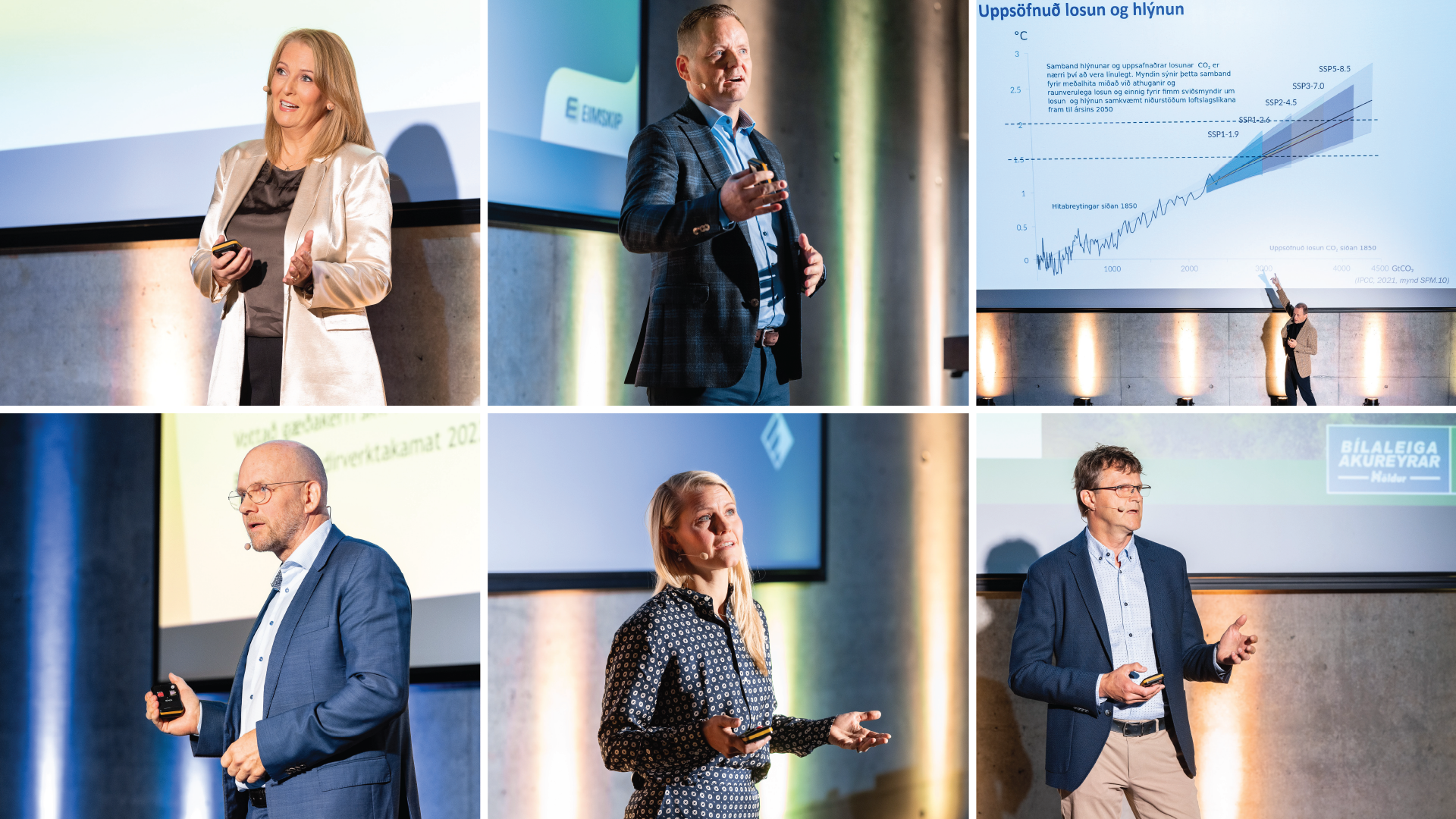Landsbankinn hosted its third Sustainability Forum on Wednesday 4 September. All the presentations engaged the audience, and the Forum was very well attended. Recordings from the Forum and abstracts from the presentations are now available on the Bank’s website (in Icelandic).
At the Forum, leaders of five Icelandic companies spoke of their successes and challenges in sustainability and one of Iceland’s foremost climate specialist described the consequences of climate change and necessary mitigating action. Food producers Livefood and Svepparíkið presented their wares and offered tastings.
Lilja Björk Einarsdóttir, CEO of Landsbankinn, was clear on the larger goal: Contributing to a better future and limiting global warming to within 1.5°C above average pre-industrial levels, in accordance with the Paris Agreement. Lilja described the great strides made in sustainability at the Bank, including the Bank setting an approved science-based emission target, first of the Icelandic banks.
Halldór Björnsson, PhD, Head of the Scientific Committee of the Icelandic Climate Council and Group Leader at the Icelandic Meteorological Office (IMO), spoke about the consequences of climate change and climate action. He noted that climate change had already begun to impact the natural environment and living conditions in Iceland, bringing a set of challenges for the economy, society and nature.
Vilhelm Már Thorsteinsson, CEO of Eimskip, began his presentation by showing the advances the company has made through changes to its transport services, leading to reduced cost and decreasing emissions by 8% between quarters. The changes include adding to the number of cranes in harbours in order to achieve shorter loading and unloading times which in turn allow the company to lower sail speeds, leading to fuel conservation.
Ásta Sigríður Fjeldsted, CEO of Festi, addressed the challenges and opportunities in sustainability and the importance of involving as many employees as possible in sustainability. She broke down the company’s carbon footprint, which is mainly from fuel, as the company is active in that market. Emissions from the sale of red meat are the second largest contributing factor. For Festi to discontinue the sale of fuel, red meat and other polluting products would solve nothing, as other merchants would simply take its place on the market.
Thorvaldur H. Gissurarson, CEO and owner of ThG Verk, laid out the details of sustainability work in the company’s operation. He pointed to the positive impact of a responsible sustainability policy, describing it as pivotal. He also noted that the codification of sustainability targets as legislation and in rules could lead to higher construction costs and consequently higher housing prices. ThG Verk had found preparatory work in advance of rule-setting severely lacking by authorities, with benchmarks and rules generally not adapted to Icelandic conditions.
Steingrímur Birgisson, CEO of Höldur - Bílaleiga Akureyrar, noted that Bílaleiga Akureyrar had emphasised the basic factors of sustainability since the beginning. He said that the company made no secret of the fact that they feel like a car stuck on red lights in the middle of a blizzard. The ever-changing operating environment and unforeseeable nature of government action constitute the largest challenge in the company’s operation. He described this as detracting from the company’s initiative and efforts to be an active participant in the energy transition.
